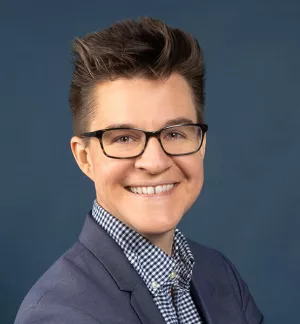
Major nonviolent protests with higher levels of youth participation are more likely to be successful, according to a study by the United States Institute of Peace in collaboration with Harvard Kennedy School professor Erica Chenoweth and lecturer Zoe Marks.
The study, which examined maximalist campaigns — mass movements seeking territorial independence or the ousting of an incumbent national government — also showed that movements with large LGBTQ+ youth participation tend to achieve more democratic outcomes, even if the movement itself is unsuccessful. Following the conclusion of the campaigns, however, young people in the affected areas do not see improvements in their political standing, according to the study.
“Young people are really important in shaping their country's political future, and yet there's still some pretty persistent barriers, structural barriers, to young people achieving political power,” Marks said in an interview.
The reason for the correlation of youth participation with democratic outcomes remains unknown, but Matthew D. Cebul — the research officer of the study — wrote he suspects it may be because young people are largely excluded from political office....
Montgomery, Asher J."Harvard Kennedy School Research Shows Youth Participation in Major Protests Increases Likelihood of Success." Harvard Crimson, March 20, 2023.
The full text of this publication is available via Harvard Crimson.





